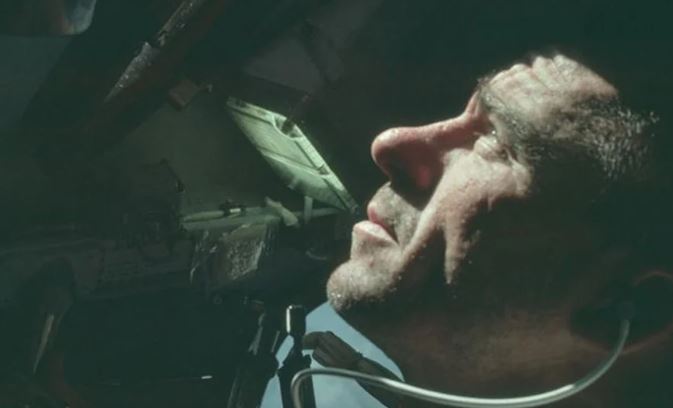On October 11, 1968, he took off in command of the 11-day flight of Apollo 7, the first manned test of the space project. The mission marked the resumption of NASA’s Moon-bound program following the Apollo 1 crew disaster.
Walter Cunningham, the last of the three astronauts aboard the first manned Apollo spaceflight that orbited the Earth in 1968, has died Tuesday at the age of 90 in Houston, the US space agency NASA has announced.
“NASA will always remember his contributions to our nation’s space program and sends our condolences to the Cunningham family,” NASA Director Bill Nelson said.
“Walt Cunningham was a fighter pilot, a physicist and a businessman, but, above all, he was an explorer,” said Nelson, who has ensured that “Walt and his crewmates made history” on Apollo 7, “paving the way for the Artemis Generation we see today.”
The former astronaut’s family has said they would like to express their “immense pride in the life he lived” as well as “deep gratitude for the man he was.” “The world has lost another true hero, and he will be greatly missed,” he said.
NASA Johnson Space Center Director Vanessa Wyche added that they are “indebted to Walt’s service,” while highlighting “his dedication to the advancement of human space exploration.”
Cunningham was born on March 16, 1932, in Creston, Iowa. He received a BA with honors in Humanities and Physics in 1960, and a Master of Arts with distinction in Physics in 1961 from the University of California, Los Angeles.
He joined the Navy in 1951 and served active duty with the US Marine Corps, retiring with the rank of colonel, having flown 54 missions as a night fighter pilot in Korea.
After working as a scientist in a private corporation, he was selected as an astronaut in 1963, as part of the third generation of NASA astronauts.
On October 11, 1968, Cunningham piloted the 11-day flight of Apollo 7, the first manned test of the Apollo space project. The mission marked the resumption of NASA’s lunar spaceflight program 21 months after the fire that killed all three Apollo 1 crew members—Gus Grissom, Ed White, and Roger Chaffee—during a ground launch test in late January 1967.
Prior to his assignment to Apollo 7, Cunningham had been the reserve lunar module pilot on the ill-fated Apollo 1 mission, and was part of the prime crew on Apollo 2 until its cancellation.
With Walter M. Schirra, Jr. and Donn F. Eisele, he tested the rendezvous and docking maneuvers in lunar orbit using the third stage of his Saturn IB launch vehicle. The crew successfully completed eight tests, NASA notes.
The 263-hour, 4.5 million-mile (about 7.2 million kilometers) flight splashed down on October 22, 1968, in the Atlantic Ocean.
Cunningham’s last assignment at NASA Johnson was head of the Skylab branch of the Flight Crew Directorate and he retired from the space agency in 1971, where he would continue to direct multiple technical and financial assignments.
His companions on Apollo 7, Walter Schirra and Donn Fulton Eisele, died in 2007 and 1987 respectively.

